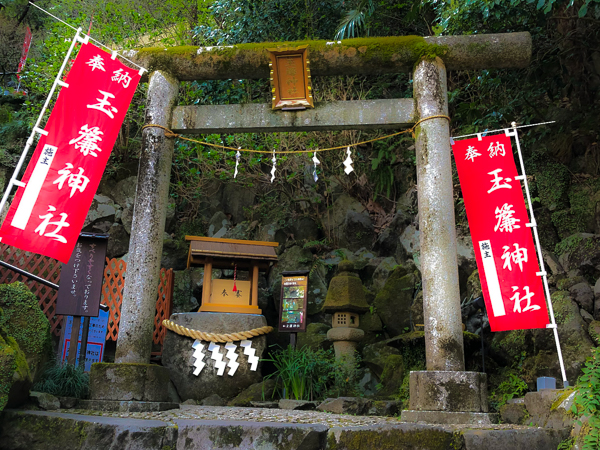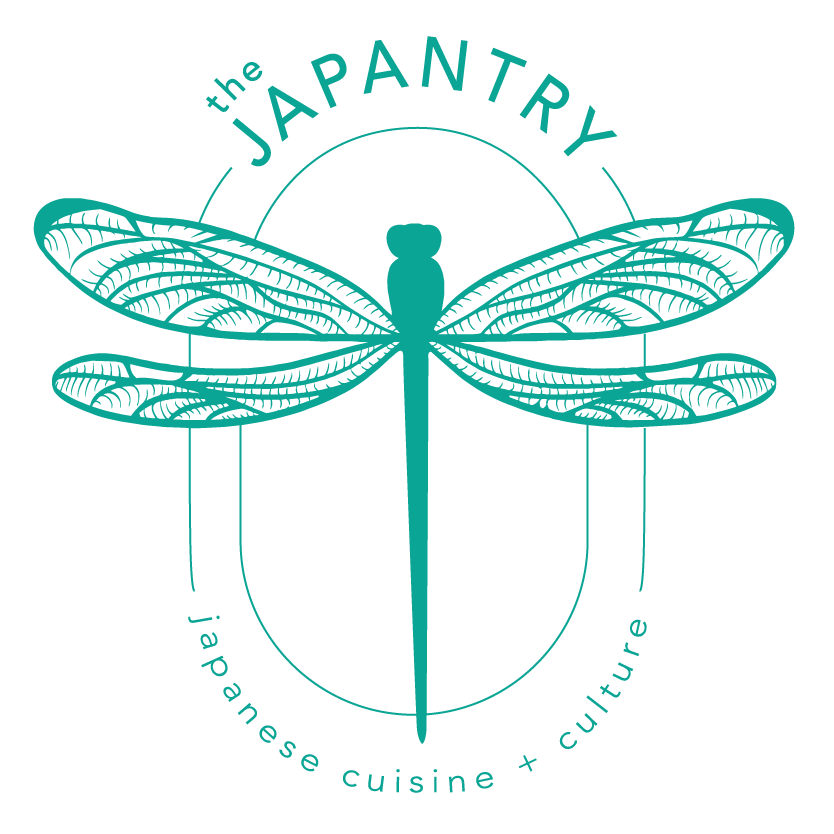
You just scheduled your dream vacation to Japan! You are filling your itineraries with plans of going to the temples and shrines and doing an extensive research on what and where to eat. Unfortunately, knowing just some of most frequently used Japanese words in the Western countries – Sushi, Tsunami, Karaoke, Tofu, Ninja and Hello Kitty – won’t get you very far once you get to Japan. But there are a just a few simple Japanese words you should know that can help improve your interactions with the Japanese people.
Japanese language can be very difficult to become fluent in, unless you are immersed in it. One single word could have so many ways to say it depending on how informal or formal you are trying to be. Then add the regional dialect variations to it and it’s almost impossible to master it within a short period of time.
How much Japanese do I need to know?
The good news is that you don’t have to be anywhere near fluent in Japanese to be able to travel confidently in Japan. Over the past several years, Japan has made huge strides making it easier for foreigners to travel through Japan. Many signs are in English. And many times the instructions and announcements in larger cities are also in English, Chinese and Korean. Besides, there are so many translation apps that can help you with the conversation and even with reading the language using the camera function of your smartphone!
Many hotel staff members in major cities will know enough English to be able to help with your accommodation needs. But there are a few words that will come in handy as you interact with the locals.
What are the most important Japanese words I should know?
One thing to keep in mind is that “politeness” is key in Japan. Always apologize regardless of who you “think” is at fault, always ask nicely, always voice appreciation. Japanese people are delighted that you know these key words, in their language, that are foundation to their harmonious culture.
I’ve added a star (⭐) to the list below for the words that are important to know these words by heart and when to use them. You will be hearing them used by locals as well as I hope you choose to use them frequently to experience the Japanese culture at its fullest.
Rs are tricky!
Before you get started on practicing these, be sure to know how to pronounce the Japanese Rs first. You’d want to achieve a little more authentic pronunciation of these words and not sound like Styx’s song from the 80’s, Mr. Roboto!
BASIC JAPANESE WORDS YOU SHOULD KNOW
You don’t have to memorize both the formal and informal words. Knowing the informal version should be enough to get by.
Star (⭐) = You should prioritize to become most fluent and familiar with since you’ll be using them most frequently.
Yes / No:
Although Japanese people know English “Yes” and “No,” it’s probably a good idea that you at least know these basics.
- Hai – “Yes”
- Iie (Pronounce it as EEE-eh) – “No”
Basic interactions:
- ⭐ Sumimasen (Su-Mi-Ma-Sen) – “Excuse me / pardon me.” Use this word liberally! As you bump into someone, as you are trying to get someone’s attention, as you walk in front of someone sitting.
- ⭐Onegaishimasu (O-ne-gai-shima-su) – “Please.” Use this to ask for water (“omizu onegaishimasu” or just point at an empty glass while saying “onegaishimasu”), ask for a check at a restaurant (“okanjo onegaishimasu!”), ask someone to do something for you. The word can be used by itself when what you are asking for is obvious like someone to take your picture.
- ⭐Arigatō (informal) Arigatō-gozaimasu (formal) – “Thank you”
- Wakarimasen (Wa-ka-ri-ma-sen) – “I don’t understand.” You can use this instead of saying the full “I don’t understand Japanese” or “Nihongo wa wakarimasen.” Combine two words and say “Suminasen. Wakarimasen”, “I’m sorry, I don’t understand” would even be better!
- ⭐Dōzo – “Please go ahead.” It can be used to signal someone to go ahead of you, or someone to go ahead and start eating, someone to take something (like you are offering your seat), or when you are presenting a gift.
- Daijōbu – “I’m OK.” or “It’s OK.” Use this as a question and it becomes “Are you OK?” Daijōbu typically implies your wellbeing – physical, mental or emotional.
- Kekkō desu – “No thank you.” I’ve heard people use “daijōbu” (above) or a simple English “no” instead and the Japanese people will know what you mean. But it’s just one more polite word you should know!
Greetings:
- ⭐Konnichiwa – “Hello.” This word is versatile enough that you can use this any time of the day instead of ‘good morning’ or ‘good evening.’
- ⭐Sayōnara – “Goodbye.” Don’t mis-enunciate this word. The emphasis is NOT on “na” in the middle like “SayoNAra!”. The “o” in the middle is a long O and the emphasis should be there “SaYŌnara.”
- Ohayō (informal); Ohayō-gozaimasu (formal) – “Good morning”
Download the list of basic Japanese words for free!
Download the free, printable list of these basic Japanese words plus a few more that you’d want to know when you are traveling through Japan! Please fill out the form below to subscribe to our mailing list and we will send you an email with a link immediately!
Shop Related Products

